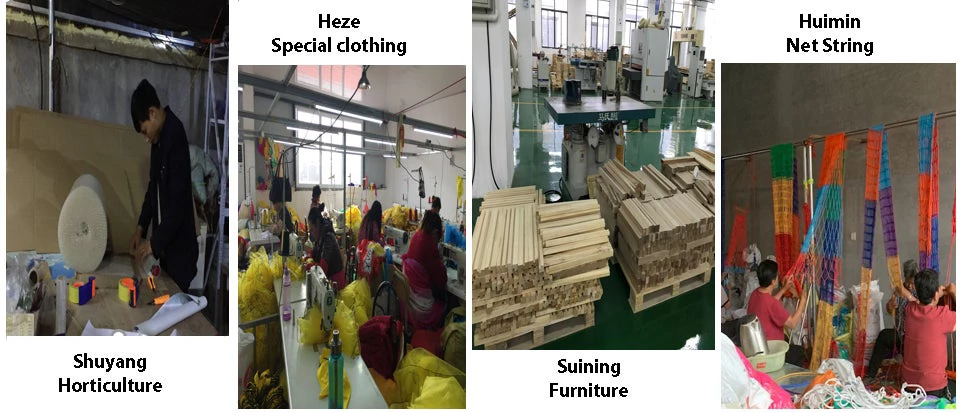
Neglected Tropical Diseases trap the most vulnerable populations into cycles of poverty. Controlling these diseases—which affect one in six people worldwide—is both a personal and a professional goal.
Growing up and practicing medicine in many developing countries, Andy observed that families regularly gave their children medicines to kill any possible intestinal worms. They understood that schistosomiasis and soil-transmitted helminths – easily acquired infections that are very common among young children – negatively impact the health of children and keep children from fully benefiting from their schooling. Later Andy saw firsthand the debilitating effects of these and other preventable diseases, and moved from clinical to public health work to reduce the burden of these diseases. Through his focus at the World Bank, he strives to assist endemic countries secure funding to distribute medicines to the most vulnerable communities.
In 1974, then World Bank President Robert McNamara visited Burkina Faso and was shocked to see the numbers of blind adults led by their children. In response he galvanized political support to initiate a disease control program to control river blindness, a disease that causes preventable blindness and unyielding itching. This project was considered by many as the first health project at the Bank, and the institution remained a key player in the river blindness control efforts for over 40 years
.
The fight against these diseases was revolutionized five years ago. In 2012 leaders from the largest pharmaceutical companies, together with global health and development organizations, including the World Bank, convened in London and pledged to unite in their efforts to support the achievement of the WHO NTD disease reduction targets by 2020. This historic commitment, known as the London Declaration, achieved three goals: (i) it removed a major barrier to accessing treatment for 10 preventable diseases, (ii) enhanced private sector investment in public health challenges, and (iii) rallied development partners around a common development goal.
Building on these efforts, a World Bank International Development Association (IDA) project, which supports the poorest countries, was approved that will focus on integrating NTD treatment in Burkina Faso, Mali and Niger of five preventable NTDs through mass drug administration one to two times per year, and treatment of the reversible consequences of NTD (trichiasis and hydrocele) in mobile surgical camps, along with seasonal malaria chemoprevention in border regions.
This week marks the fifth anniversary of the London Declaration and there are numerous achievements to celebrate. Thanks to the generosity of the pharmaceutical partners, we now have the largest drug donation program in history at our disposal. In part due to this donation platform, and to the coordinated efforts of development partners, there has been a 20% increase in drug distribution worldwide within the last two years alone.
In short, fewer people than ever before are suffering from the effects of these diseases. As a result, we are making greater strides towards the WHO control and elimination targets. IDA funding for NTD-related World Bank projects, together with donated medicines, makes NTDs control one of the best buys for health.
As we look ahead to countries achieving Universal Health Coverage (UHC), and considering the fact that the NTDs impose a burden on the health system, it will be necessary to ensure that NTD-focused interventions are in the basic package of health care. We have the potential to build on the systems already in place to deliver donated medicines to those in need, and achieve greater and more equitable access to health care. The fight against NTDs remains as compelling, affordable, and achievable as ever.



Join the Conversation